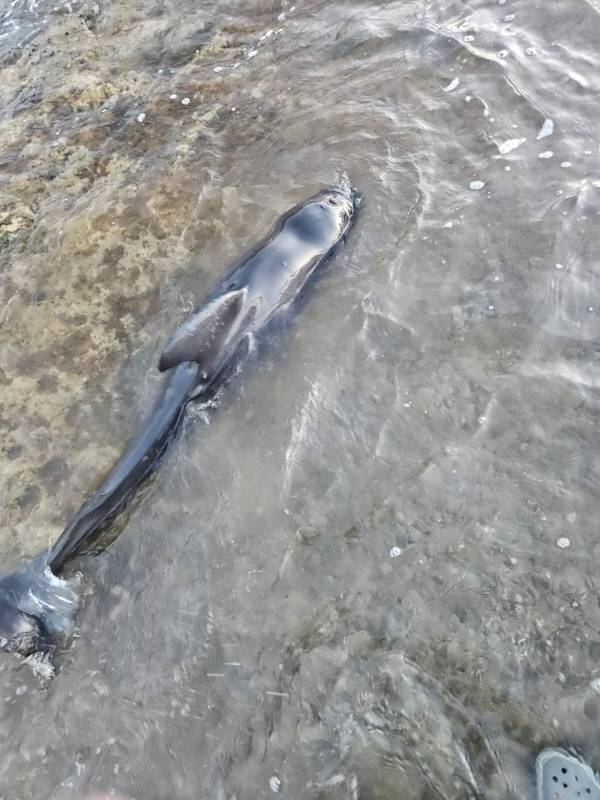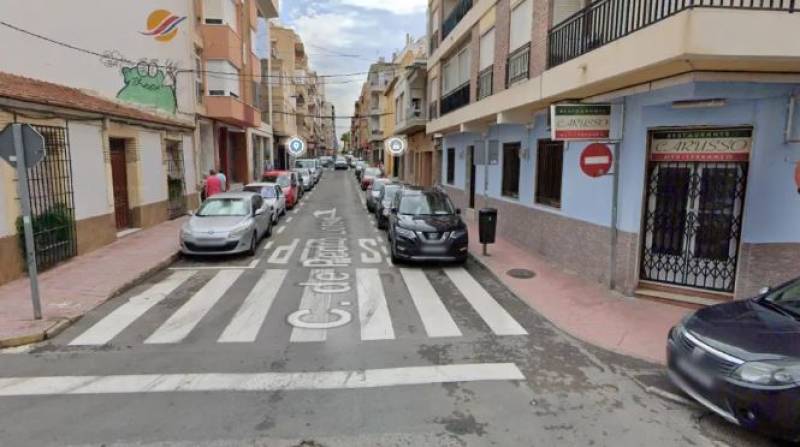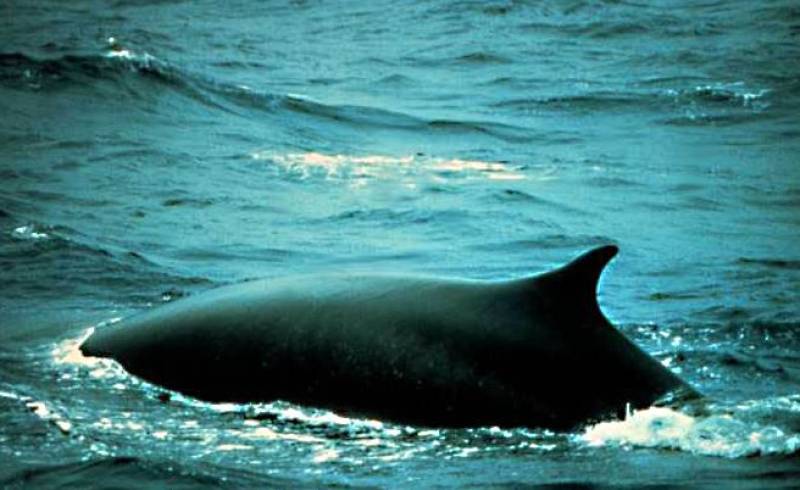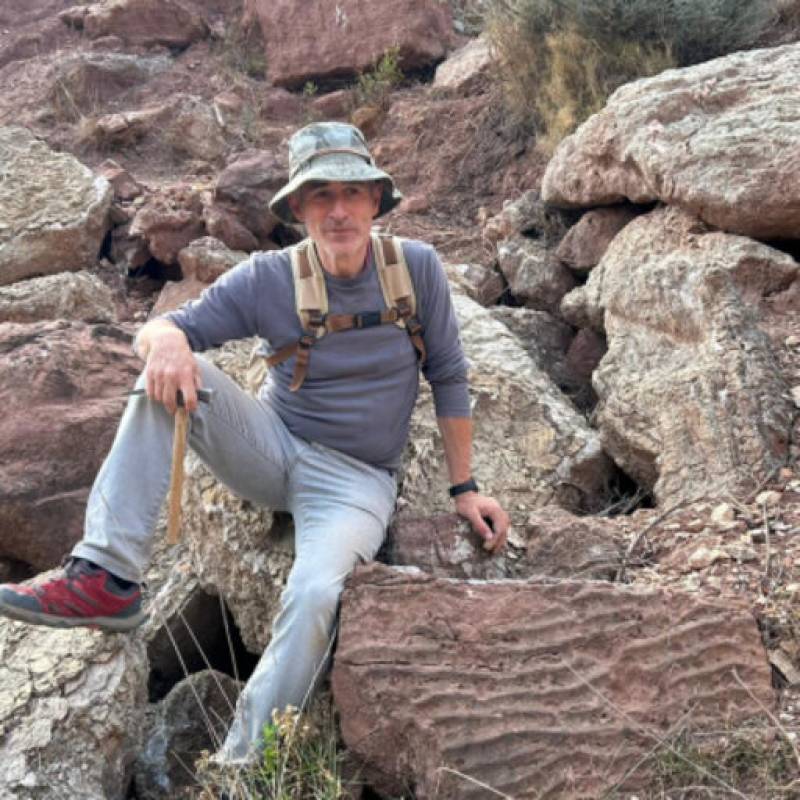

Guidelines for submitting articles to Roda Golf Resort Today
Hello, and thank you for choosing La Torre Today.com to publicise your organisation’s info or event.
Roda Golf Resort Today is a website set up by Murcia Today specifically for residents of the urbanisation in Southwest Murcia, providing news and information on what’s happening in the local area, which is the largest English-speaking expat area in the Region of Murcia.
When submitting text to be included on Roda Golf Resort Today, please abide by the following guidelines so we can upload your article as swiftly as possible:
Send an email to editor@spaintodayonline.com or contact@murciatoday.com
Attach the information in a Word Document or Google Doc
Include all relevant points, including:
Who is the organisation running the event?
Where is it happening?
When?
How much does it cost?
Is it necessary to book beforehand, or can people just show up on the day?
…but try not to exceed 300 words
Also attach a photo to illustrate your article, no more than 100kb

Race to rescue Costa Blanca beached whale fails to save its life
Young pilot whale was found on the rocks in Torrevieja on Sunday morning

A race against the clock was unable to save the life of a young pilot whale that was beached in Torrevieja on Sunday.
The calf was first spotted by a worker for the beach sunbeds concessionary company, according to the town hall biologist, Juan Antonio Pujol.
Measuring about a metre in length, it was alive but trapped where the waves break onto the rocks near the San Roque neighbourhood, south of Playa de los Náufragos.
As soon as he called the “112” emergency number, the protocol was launched for the beaching network of the Valencian Community.
The biologist from the council’s environment department was put in charge and the local police environmental unit, the beaches department and the beaches cleaning service all lent a hand.
The animal was put into a special tank made for cases just like this one, and moved indoors to a municipal building so that it would not be distressed by crowds of people or suffer any more from sunstroke, as it had been while it was on the rocks.
It was kept hydrated and under guard until a team of vets sent from the Oceanographic centre in Valencia arrived to take charge of it.
All this took place within an hour and a half of the 112 call but sadly the calf died while they were taking it back to the Oceanographic for specialised attention.
Beachings such as this occur when whales are already in a weakened state, and a necropsy will be carried out to determine the cause of death.
Pilot whales are known as “calderónes” in Spanish, after the distinctive, bulbous cauldron-shaped protrusion from the top of their heads.
These toothed cetaceans are often born larger than the one that was found, so it must have been very young, and they can grow up to between 3.8 and 6 metres long.
They are jet black apart from a white underbelly in the shape of a “W” or a heart, and have a rounded dorsal fin, according to the Ministry for the Ecological Transition.
Pilot whales are usually found far from the coast in groups of 10-100, but are occasionally seen near the coast.
They are particularly sociable, often swimming up to stationary boats, and they are nocturnal, so can be seen in the daytime near the surface of the water moving very slowly, but they can swim very quickly.
They are very family-oriented, and the calves are protected by their mothers or other females, and watched closely by the large males.
Image: Crónicas Naturales de Torrevieja
See more news about animals in Spain:
OR
Sign up for the Spanish News Today Editors Roundup Weekly Bulletin to get a comprehensive email with all the week’s news for Spain, Murcia, Alicante and Andalucía.
Get a sneak peek – here are a few of our recent Subscription Bulletins:
Discount Special Offer subscription:
36.95€ for 48 Editor’s Weekly News Roundup bulletins!
Please CLICK THE BUTTON to subscribe.































